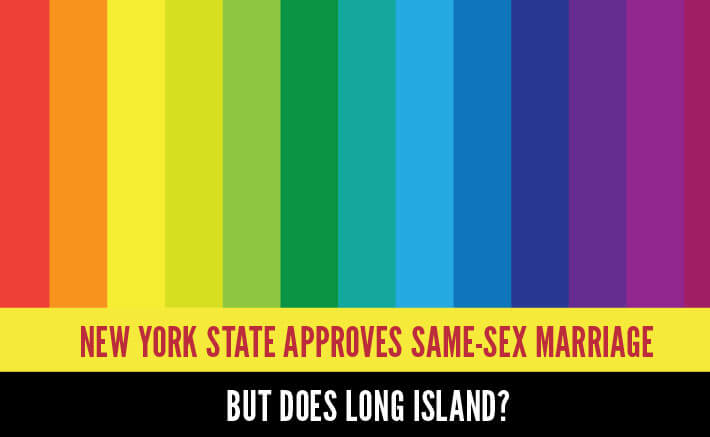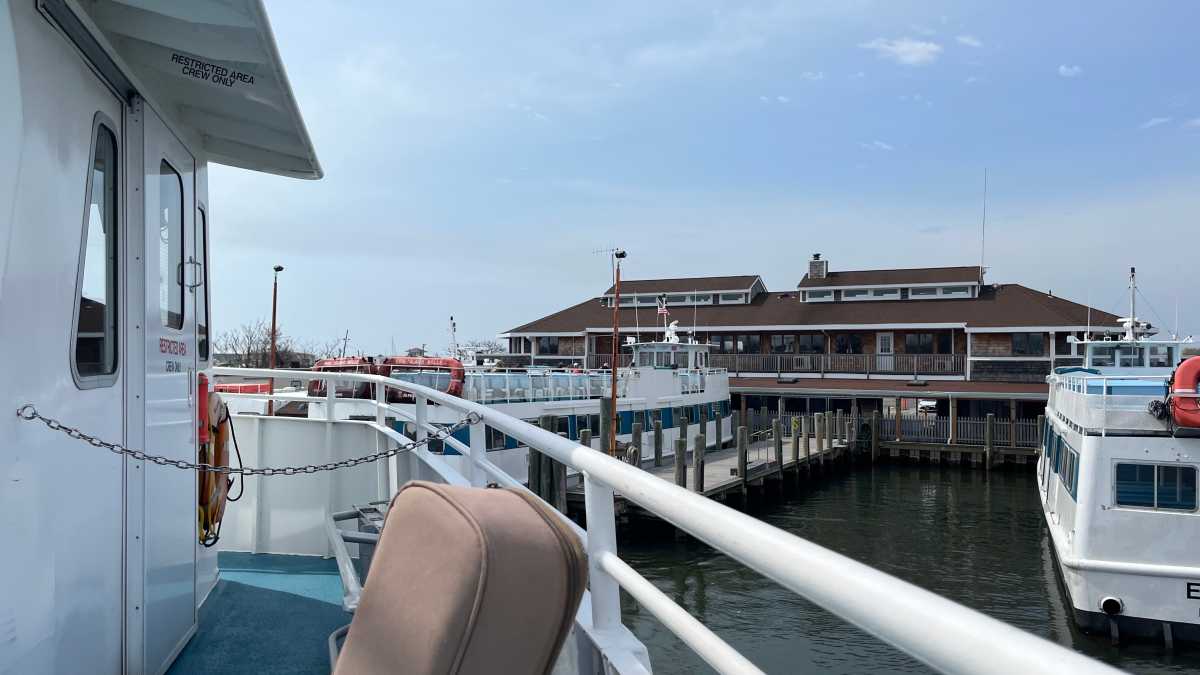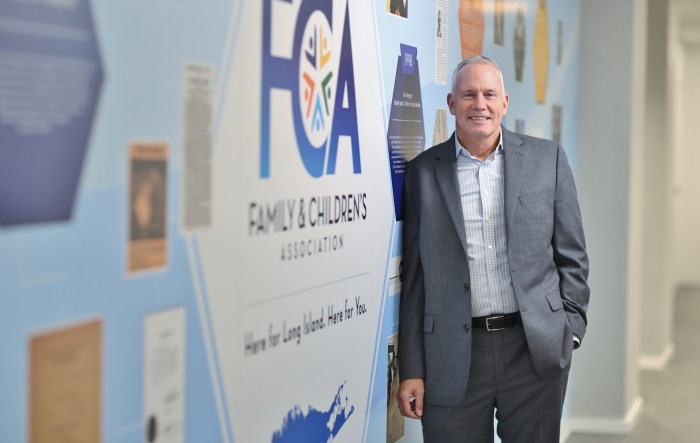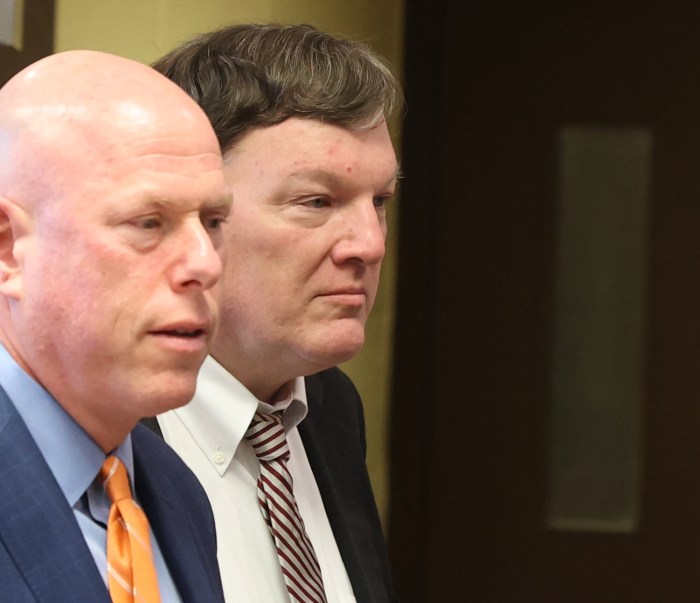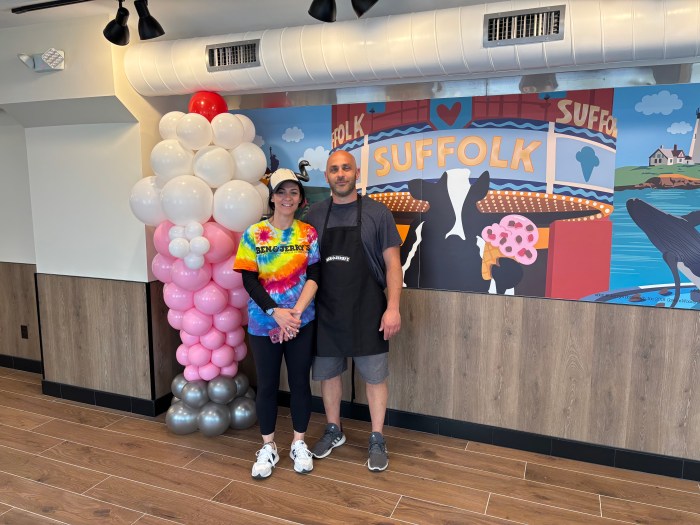
Long, Winding Road
Tuesday marked the anniversary of a flashpoint in the gay rights movement. On June 28, 1969, in response to a New York City Police Department raid at The Stonewall Inn in the West Village—a gay bar (which were outlawed at the time)—the GLBT community rioted.
Hundreds fought back against police with bottles and bricks. They smashed windows, set garbage cans ablaze and forced the police intruders to barricade themselves inside. Then the mob lit the Stonewall on fire, too. Rioters formed kick lines that were broken up by nightsticks, according to 2004’s Stonewall: The Riots that Sparked the Gay Revolution by David Carter.
It was the first time the gay community had collectively resisted what had then been frequent harassment and raids of suspected gay-friendly establishments to arrest homosexuals and thwart what was considered then a moral and psychological aberration. The standoff sparked similar confrontations in ensuing days, attracting thousands and eventually hundreds of thousands to the cause. It inspired Gay Pride marches the following year in several other cities as commemoration of the Stonewall riot, with the celebration of the riot’s anniversary continuing to this day. Only now, it’s global.
Cathy Renna, a 46-year-old Shelter Island resident who owns and operates Renna Communications, a GLTB-focused public relations firm, was among thousands of people who descended upon the Stonewall Inn when the bill passed last week.
“We were all in tears,” says Renna, who previously worked with the nonprofit Gay & Lesbian Alliance Against Defamation for 14 years and fought fiercely in Washington, D.C., against the 1996 Defense of Marriage Act, which defined marriage as between a man and woman under federal law. “If you’d told me 20 years ago…that we’d make as much progress as we’ve had, I never would have believed you.”
The following day, Renna’s partner of nine years, Leah McElrath, 47, proposed to her in a text message.
“Yes,” she texted back.
“She’s gonna make an honest woman outta me!” Renna tells the Press.
In tandem with the overwhelming emotional joy and jubilation sprouted from New York’s same-sex marriage legalization comes the realization of its full legal powers.
Renna recalls being pushed out of the hospital room when her partner was being treated for a medical emergency because technically she had no say. Once legally married, she’ll be afforded the same authority in such matters as a spouse in a heterosexual couple.
“All of the benefits, responsibility and protections that come with marriage are going to come into play,” she says. “We don’t call it gay marriage. It’s just marriage. Straight people don’t think about all those things that come with the piece of paper.”
The biggest relief of all is a feeling of oppression having been lifted, says Renna. Despite gender inequalities that still persist, she always had an expectation of being treated as a full citizen as a woman.
“Now I can feel that was as a lesbian,” she says. “It’s hard to understand unless you’ve lived through some discrimination and oppression.”
The feeling that had lived with her all these years became clearest once it was vanquished while standing on Christopher Street last week near the Stonewall, the spot where others like her refused to be pushed back into the closet of obscurity.
“You don’t realize how much you take in the negative feeling of being a second-class citizen,” she says.




